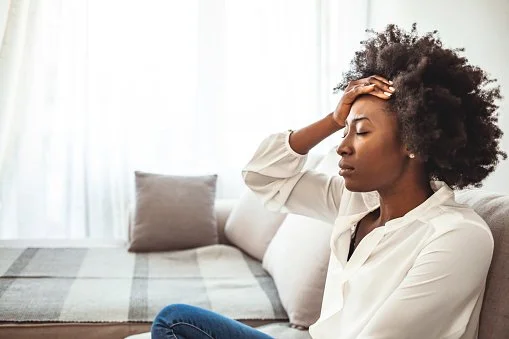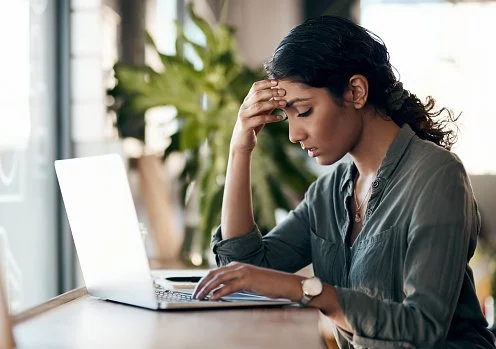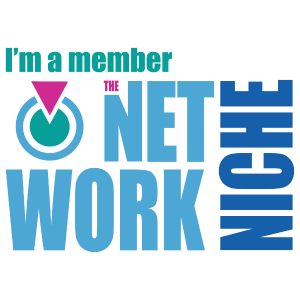Guide To Getting A Good Night's Sleep
/DISCLAIMER: As always, this post is only to provide general information. Please consult with your healthcare professional regarding treatment for your specific needs.
Sleep problems can be common with a lot of people. We have all been around friends or colleagues that have said they are exhausted or didn’t sleep well last night. The good news is that if you are intentional and committed to making some changes, you can get a much better night’s sleep, which can be a benefit to your life, as well as your health and wellness.
Below, I share a few suggestions that you can try in your nightly routine that may help you achieve a more effective sleep.
Avoiding Caffeine
It can be hard to cut caffeine completely from your body, but when you have caffeine close to bedtime, it can significantly disrupt your sleep. If you are someone that does have caffeine in their diet, then avoiding it closer to bedtime will be beneficial to you. The impact that caffeine has is also true as you get older, especially if you consume it multiple times throughout the day, so taking steps to get into healthier habits now, will augur well for your overall health.
Rest and Unwind
This might sound like an odd one, because surely going to bed itself is a way to rest and unwind? But in actuality, stress has a massive impact on how well you are able to sleep. So before you actually get into bed, you need to take time to rest and unwind. It could simply be meditating for a few minutes, lighting a candle or listening to calm music. It’s best if you can avoiding screens and computers before bed because they can overstimulate your brain. A good book or magazine is the perfect alternative, but either way make sure it is stress-free. If you’re quite easily involved in fiction, then a tense, scary, or emotional story is not great for bed-time. Keep it easy, breezy, and even uplifting.
Try Natural Remedies
They say that pillow sprays made from things like lavender can have an impact on your sleep, so that is a natural easy win that can help you to drift off. Diffusing essential oils can help, as well a CBD oils like those of Imbue Botanicals, for example. The reason being, if you suffer from anxiety at night, or are someone that suffers from insomnia or wakes up a lot, then this kind of oil might be a solution, as it relaxes the mind and body, reduces your heart rate, and helps you drift off to a restful night’s sleep.
A fragrant, warm bath filled with luxurious oils or bubbles is a great way to relax. We may not have the time to regularly indulge in baths during the week, but they are perfect before an early night. Breathe deeply, apply a face mask or other pampering treatment, and try to release all the tension from your muscles. When we fall asleep, our temperature drops slightly. This also happens when we get out of the bath, and mimicking a slight temperature drop can tell our brain that it is time to sleep.
Create a Conducive Environment for Sleep
Where you sleep plays a big part, because if you are not comfortable, then it will be hard to drift off to sleep. Making sure that you have a mattress with good support and some comfortable bedding is an easy win. Then make sure your room is just the right temperature for you, as too hot or too cold will impact how well you sleep. Don’t use your bed for things like studying or doing work as these can be things that stimulate the mind, and you will start to associate your bed with those things. Not good when you are already struggling to drift off.
LETS GET SOCIAL…
















